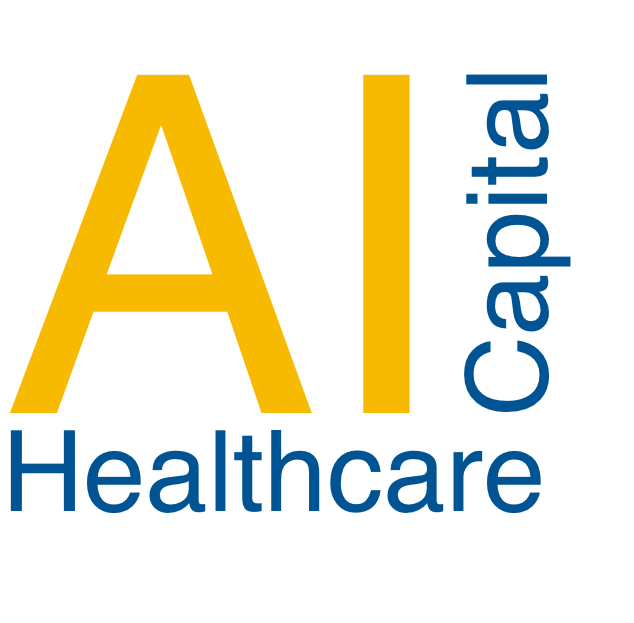by Ewelina Woloszyn, Feb. 1, 2024
“Next to creating a life, the finest thing a man can do is save one.”—Abraham Lincoln.
In the United States, chronic diseases like heart disease, stroke, cancer, and diabetes affect six in ten Americans, contributing significantly to mortality rates and healthcare costs. Heart disease and stroke, claiming over 877,500 lives annually, represents a third of all U.S. deaths, costing the healthcare system $216 billion yearly, with an additional $147 billion in lost productivity.
By leveraging cutting-edge healthcare innovation, these systems empower individuals to actively manage their health. These intelligent devices track patients’ vital signs, helping catch potential problems early. For heart disease and stroke alone, this could mean saving lives and cutting down on healthcare expenses.
Cancer, the second-highest cause of death in the U.S., affects 1.7 million people yearly. With cancer care costs soaring toward $240 billion by 2030, intelligent monitoring can come to the rescue. By keeping tabs on symptoms and treatment, these systems ensure better, more personalized care for patients.
In a world where chronic diseases weigh heavily on our shoulders, smart health technology is becoming a superhero. These innovations aren’t just about gadgets – they’re about empowering patients to take control of their health and make a positive impact on their lives. As the devices will be more advanced we also have to take care of the data privacy and protection of sensitive patients’ information.






